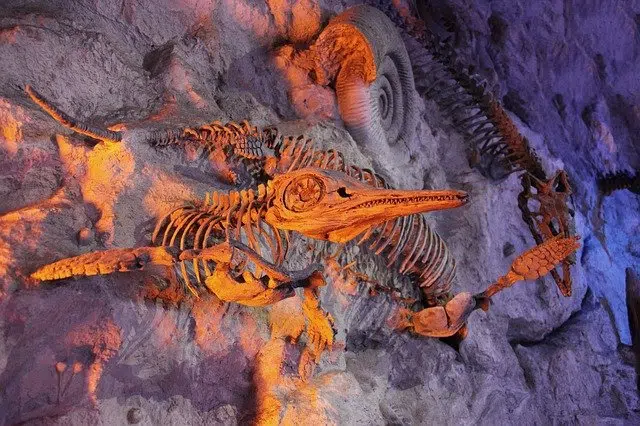
Fixism is opposed to evolutionism.
Fixism is the doctrine that states that species are immutable : that is, that they have not registered changes since the moment of their creation. Fixism, therefore, is opposed to evolutionism .
For fixism, once species were created, they remained almost unchanged despite the passage of time. In fact, nature in general is considered an element that was born almost in its final state .
Origin of fixism
The naturalist Carlos Linnaeus is noted as a pioneer in the promotion of fixism as a scientific theory. According to this 18th century specialist, each species emerged separately and in isolation . In this way, Linnaeus ruled out the existence of common ancestors .
The Frenchman Georges Cuvier , for his part, promoted the idea of catastrophism , which stated that the changes that occurred on Earth were not gradual nor did they occur due to evolution, but rather consequences of violent catastrophes. In this sense, Cuvier believed that fossils of species different from those of today came from extinct animals that had disappeared with the Great Flood.
Whims of nature
This is related to the so-called "whims of nature", something that can also be seen in the theory of vis plastica , the supposed shaping force that drove the creation of fossils. These remains, which for some scientists opened the doors to new and more complex perspectives, posed a real problem for those who refused to believe in evolution, and that is why theories such as this one arose, which describe the bones as mere rocks that appeared in such a way that They look like skeletons .
Since the 19th century , fixism lost scientific support. The work of Charles Darwin and the advancement of paleontology demonstrated that species adapt to the environment and evolve or disappear; Its characteristics, therefore, are not fixed.

Fossils demonstrate that the principles postulated by fixism are erroneous.
Fixism today
Today, the scientific consensus states that, through natural selection , species undergo modifications throughout successive generations.
In any case, there are still some minority groups that demand that fixism be taught in educational establishments as a theory as valid as evolutionism. Despite their intentions, they do not achieve recognition from current scientists, since evolution is the basis of almost all sciences.
The testimony of the fossils
As mentioned above, the worst enemy of fixism is the fossil . This way in which human beings began to discover hidden pages of the Earth's past gave them the opportunity to think about the paths that nature had taken throughout its history.
Although there is more than one theory between the evolutionary and the fixist, broadly speaking these seem to be the two poles towards which thinkers are heading: either living beings go through changes and adapt biologically or we appear on the planet with a default and immutable way.
Fixism and religion
It is important to note that the Christian religion has not always supported fixism as its promoters proposed; For example, Saint Augustine and Thomas Aquinas did not agree with the fact that God had created all species in a few days, but rather had given nature a creative power so that throughout history he would give them life .
Charles Linnaeus had a very clear goal for his statements: to make evident the greatness of God and the wonder of his creations. In addition to the development of fixism, this naturalist and botanist of Swedish origin also promoted the emergence of modern taxonomy, that is, the science used to classify organisms.
